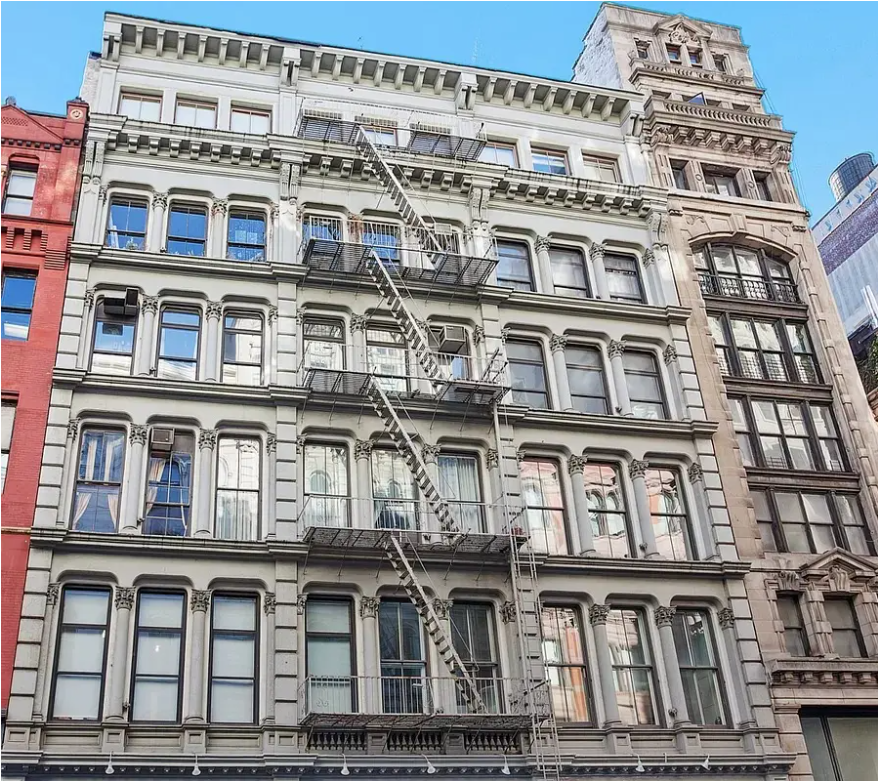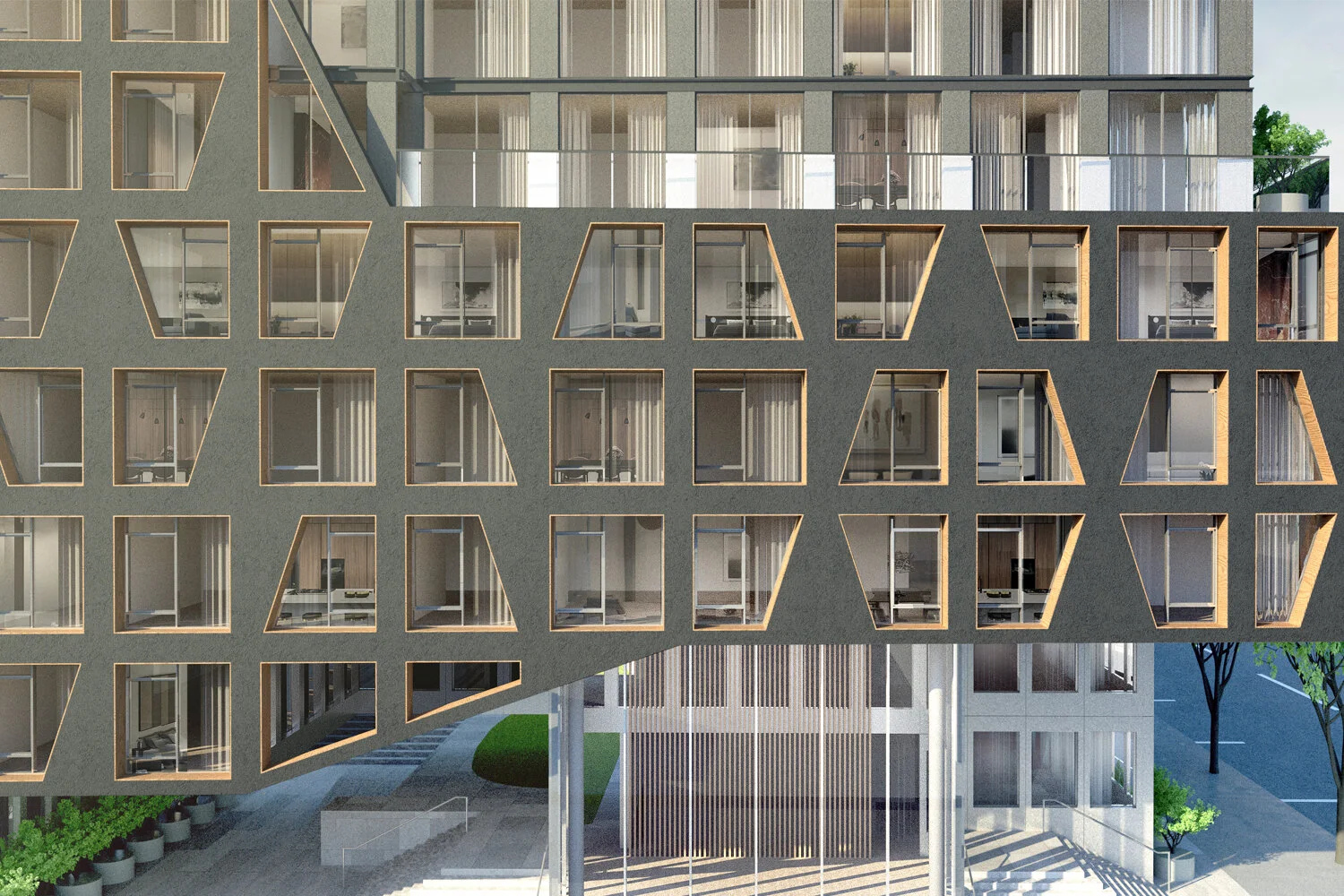Environmentally, renovation is significantly less disruptive than demolition and new construction. It reduces landfill waste and the demand for new building materials, decreasing carbon emissions associated with manufacturing and transportation. Moreover, retrofitting these structures with energy-efficient upgrades such as improved insulation, modern heating systems, and solar panels enhances their sustainability and reduces overall energy consumption.
Read MoreAs our planet continues to warm, sustainable building practices will become even more crucial to constructing new single-family homes for several reasons. Firstly, they significantly reduce the environmental impact of buildings by utilizing eco-friendly materials and energy-efficient technologies, such as solar panels and green insulation materials. This not only helps conserve natural resources but also decreases greenhouse gas emissions.
Read MoreSupportive housing in New York City is crucial for addressing some of the most pressing challenges its most vulnerable residents face. By combining affordable housing with essential services such as healthcare, job training, and substance abuse treatment, supportive housing provides a stable foundation for individuals and families to thrive. This approach helps reduce homelessness and alleviates strain on public services like emergency healthcare and the criminal justice system.
Read MoreNestled in the serene woods of New Hampshire, this innovative project entails the construction of an Accessory Dwelling Unit (ADU) designed to Passive House standards. The sustainable approach minimizes environmental impact by preserving the natural surroundings and removing only three trees.
Read MoreWAKE was approached by the owners of "Valor House" and asked to breathe new life into the building by giving it a singular vision that would enable it to stand the test of time and last another 100 years.
A tall order for a historic farmhouse, built in the 1880s, that provided Harold Ickes with a summer retreat and saw the likes of Eleanore Roosevelt vacationing there.
Read MoreA panelized prefab home is built faster with a higher degree of accuracy and stricter tolerances enabling a more energy-efficient home in less time. Prefab panelized homes can be assembled on-site in two days, with less building waste (according to the National Association of Homebuilder’s panelized prefab reduces onsite waste by 80%), better quality, and predictable timelines and budgets. Something standard onsite construction cannot achieve. A faster building cycle also means a more rapid ROI, whether you’re renting, selling, or living in your new home.
Read MoreAs two separate volumes lifted and overlapping one another, “The Garage” sets itself back from a busy road and nests itself within the key-point of the hillslope behind. From the road, and front of the building, standing seam black metal siding wraps itself up and around the building filling in the back and toe-slope of the hill, which most frequently caused flooding. From the rear of the house, visible to its neighbors, a gentle wood-clad structure rests itself atop the metal volume and gently settles itself into the landscape.
Read MoreIn partnership with an affordable care provider in NYC, WAKE was retained to explore, analyze, and assess the viability of up-zoning half an NYC block into an affordable housing development for individuals and families facing chronic poverty and at risk of becoming homeless.
Read MoreNestled between Atlantic Avenue and Fulton Street in the iconic Bed-Stuy neighborhood of Brooklyn, Aqua Development, emerges offering each of its residents private and public outdoor space. The outcome of a six-lot study, resulting in the merger of two tax lots to maximize efficiency, "Aqua" is a 7-stories, 54,000 square feet, and 52-unit residential development utilizing staggered balconies, cantilevers, dormer regulations, and programmatic adjacency to achieve the developer's goal of offering up exterior space to all residences, regardless of size, location, or income.
Read MoreIn bustling cities throughout the United States and the world, space is a premium, and renters complain about high prices. Many believe that micro-apartments answer this complaint and are looking at this growing trend as a possible solution. The micro-apartment offers a new option to young professionals living in city centers unwilling to pay top dollar to live with multiple roommates. Similarly, homeowners find that a well-designed layout can make up for the lack of space while keeping costs significantly lower than a traditional home.
Read MoreOffering up a variety of benefits, Accessory Dwelling Units (ADU's) can help increase a community's housing supply or an individual's livable space at a minimal cost. ADU's are a flexible solution for many single-family homes that need additional space.
Read MoreWith a two-story addition added to an existing four-story townhouse, a full redesign and gut renovation was undertaken for a family of five. To contrast the clients' minimalist perspective, the decision was made to expose the structure, HVAC system, sprinklers, and new steel stairs through the house's center
Read MoreThe 299 sqft addition – part of a newly renovated duplex apartment w/ private roof terrace – will crown the freshly renovated and restored building designed by the architect Timothy Remsen and built c. 1891. The building's addition was designed as a contemporary take on the mansard roofs found on some Romanesque Revival-style buildings in the Prospect Heights district. The rhythm of the penthouse’s glazing is derived from 576 Vanderbilt’s facade, and the dark bronze and teak material palette will elegantly complement the existing building and its context
Read More
![Harlem Townhouse [Passive House]](https://images.squarespace-cdn.com/content/v1/5ecbd48a4800825652f8c397/1742854222611-2IBTUCTSYLEF3AROK2GB/Leisure+Room+V1.jpg)


















